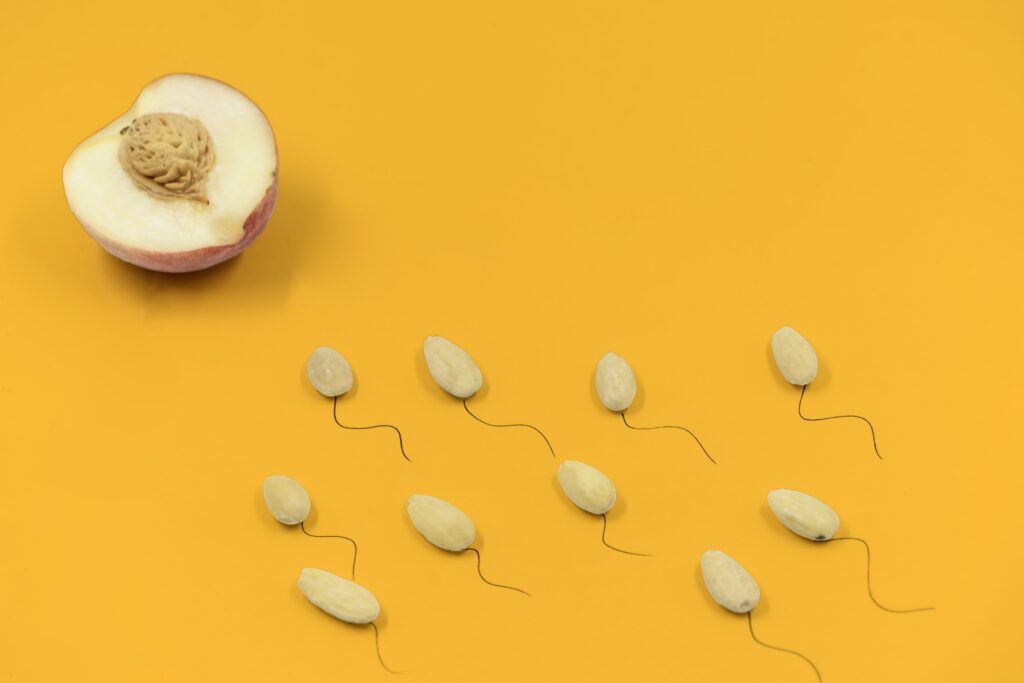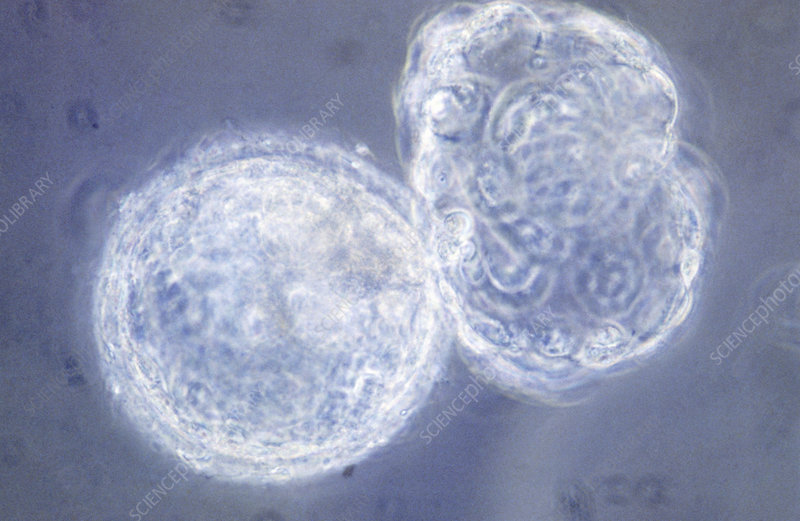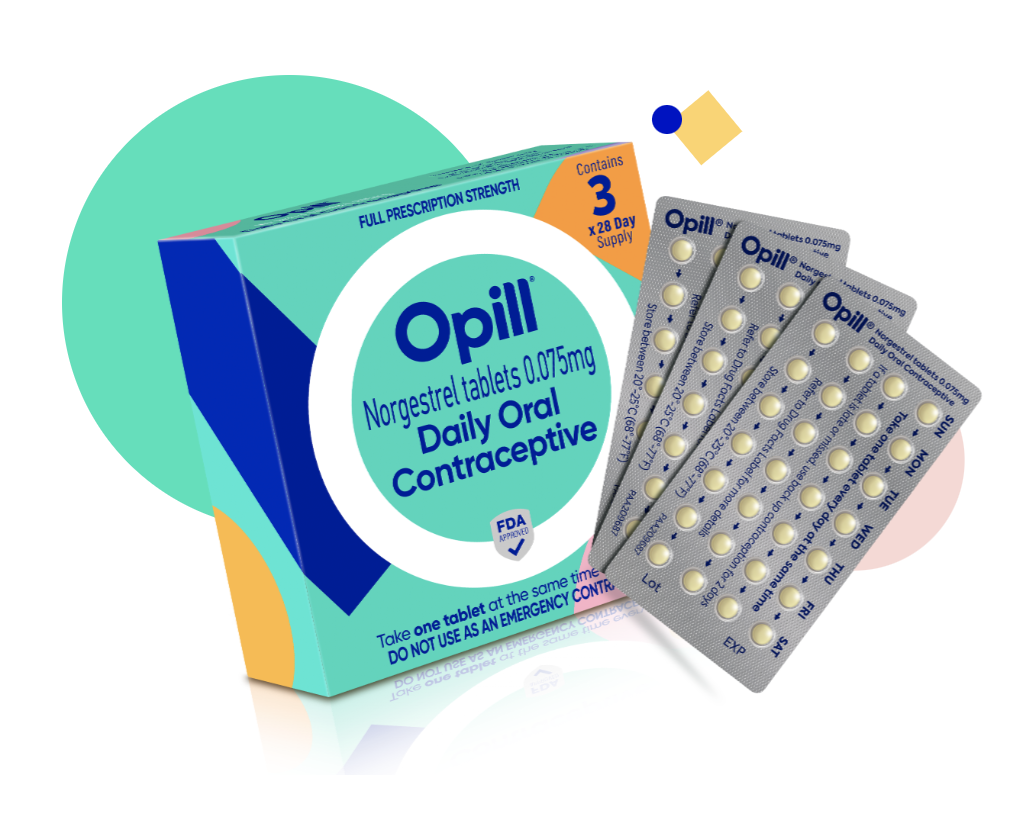
What is sperm, really?
The male sex cells, known as sperm or spermatozoa, are produced in the testes constantly throughout a man’s life.

Recent studies indicate that the vitality of sperm is decreasing at an alarming rate. What could be behind this worrying trend??
Several studies have suggested that sperm parameters (sperm number, shape, movement, and concentration) have decreased over the past several decades. While not entirely clear, there are many hypotheses as to why this may be the case.
A leading theory is based in environmental exposures to reproductive toxins. The number of chemicals that are routinely used in industry and household goods have expanded substantially in the last century. Some of these chemicals, such as phthalates and BPA, act like estrogen in the blood stream and can impact testosterone and subsequently sperm production. Furthermore, since these chemicals can change gene expression, some of their effects can be heritable.
That said, reproductive toxin exposure is not the only subsequent change we have experienced over the past century. As humans, our diets have changed radically while activity has decreased substantially. Diseases of civilization including coronary heart disease, obesity, hypertension, type 2 diabetes, cancer, autoimmune disease, and osteoporosis have increased dramatically and are presenting at younger ages in otherwise fertile men.

How important is healthy sperm when it comes to a man’s health?
There is growing evidence that male fertility may, indeed, be a window to longterm health. Poor sperm health and associated male fertility concerns appear to be associated with an increased risk of oncological, cardiovascular, metabolic, and autoimmune disease, along with early death.

And how important is healthy sperm when it comes to the prospects of making a baby?
Male factor infertility, having abnormal sperm parameters, is the primary or contributing factor to inability to conceive among approximately 40% of infertile couples. Given this huge contribution to infertility, it is essential that sperm health is evaluated and supported as soon as possible when having difficultly.

What are simple things can men do to support and improve the health of their sperm?
Limit exposure to toxins that you have control over. These include things like alcohol, caffeine, and other drugs. With the recent legalization of marijuana in several states, a growing body of evidence suggests that marijuana use is associated with diminished sperm parameters and potentially future risk of miscarriage. As with reproductive toxins, limiting and eliminating exposure is likely the best course of action to improve sperm health.
Avoiding increased testicular temperatures is important to improve sperm health. This may be achieved in several ways including avoiding obesity, abstaining from sauna and hot tub use, limiting long haul bike rides, and moving your laptop to a desk.
Consider supplements that appear to be positively associated with sperm quality, including selenium, zinc, carnitine, coenzyme q10 and other antioxidants.
While the impact of diet on sperm parameters is still somewhat debated, focusing on otherwise healthy foods including lean proteins, fiber-rich grains, fruits, veggies, omega 3 rich nuts and seeds.








Read the Comments +